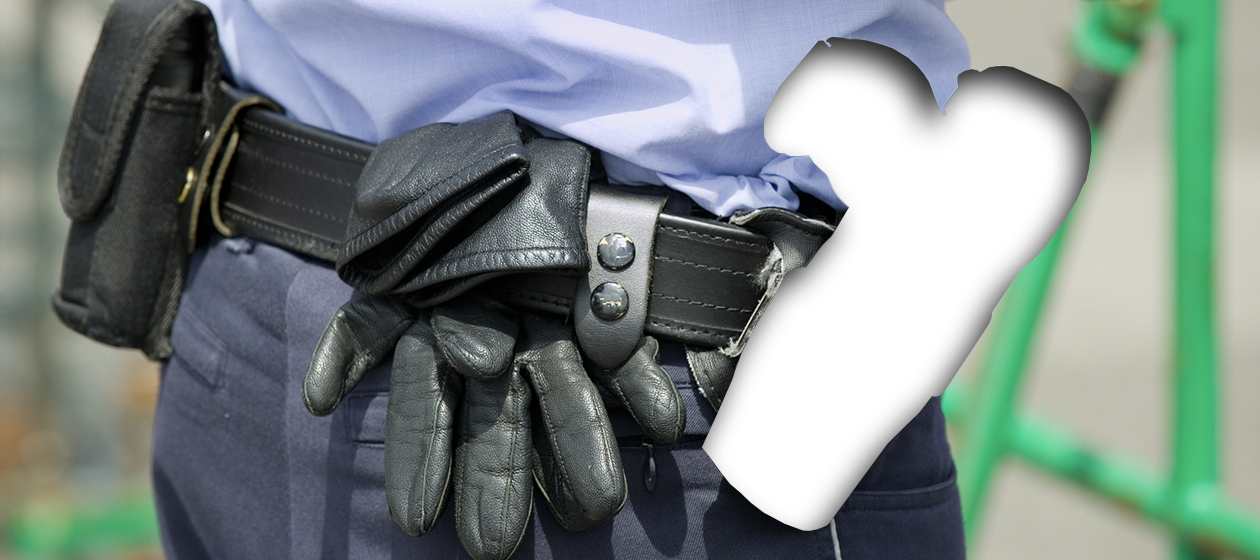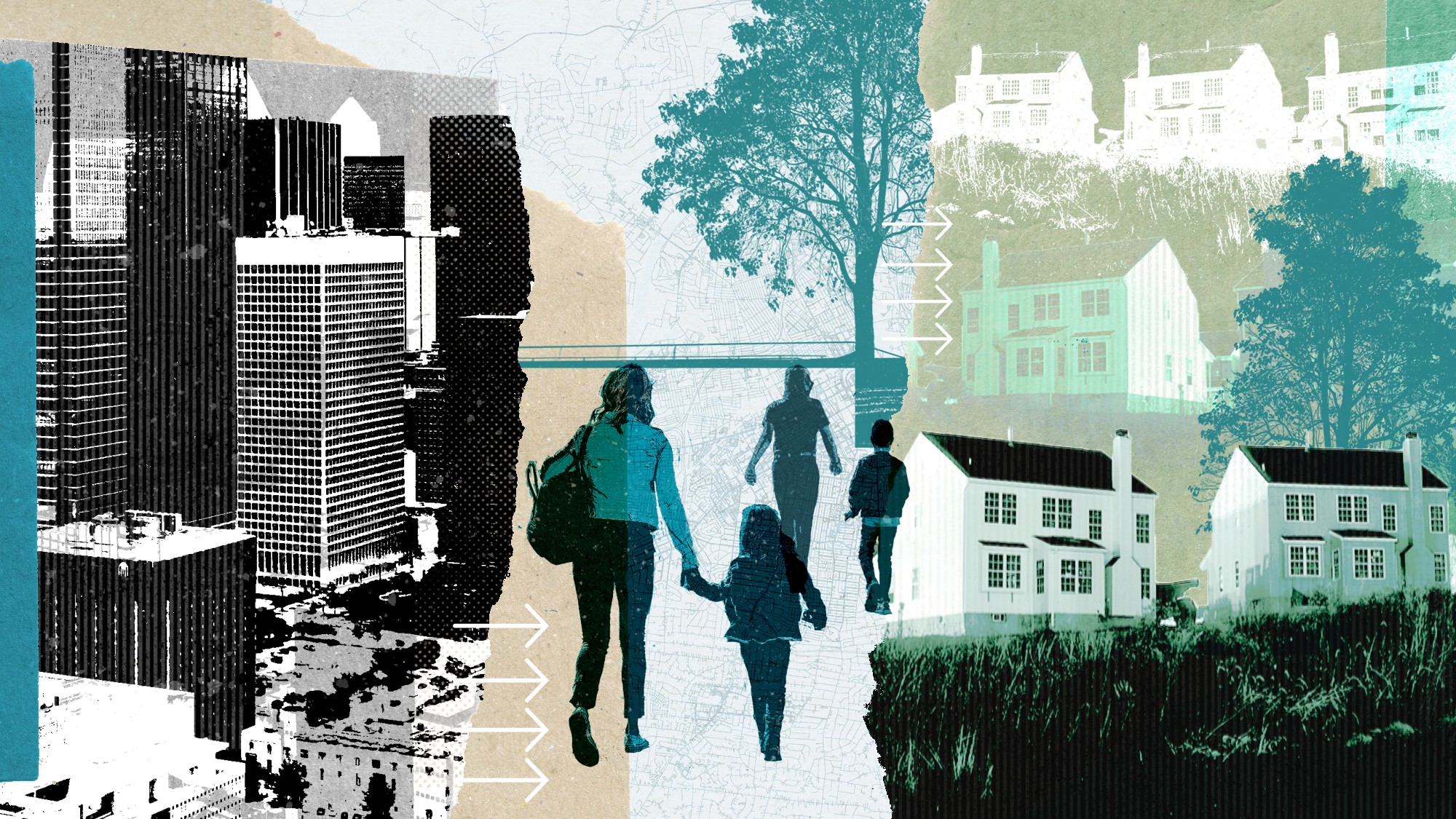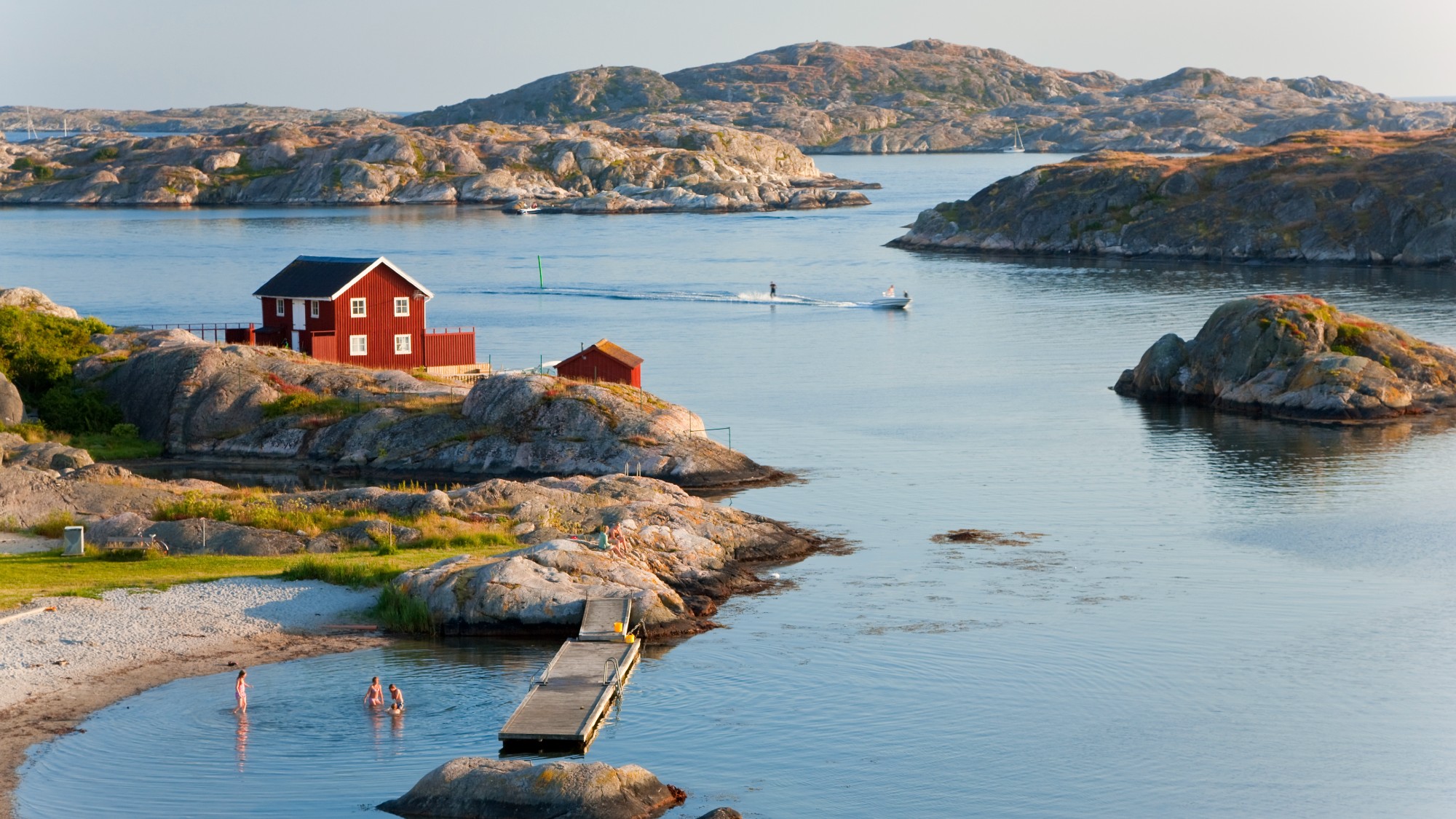Police officers do not need guns
Patrolling a neighborhood or making a routine traffic stop is not the same thing as raiding the compound of a drug smuggler accused of murder


What would happen if American police officers carried whistles instead of guns and dressed in old-fashioned blue uniforms instead of outfits that make them look like they are about to ask us how long we've had these droids? Would the country descend instantly into a chaos of looting, arson, and mass murder? Or would we just go on with our lives, commuting to jobs, raising children, watching sports, whatever — the same routine, albeit with a little bit less of the low-key anxiety that comes with seeing cops with weapons?
The recent slaying — probably a murder, as it would not appear that the death was accidental — of Botham Shem Jean in Dallas is a tragedy. It is also a perfect illustration of what is wrong with American policing. Jean was allegedly shot in his own apartment by Amber Guyger, a Dallas cop who seems to have entered his dwelling under the mistaken assumption that it was her own. How in the world it was possible for her to persist in this delusion, having presumably ignored the number on the door, after her entrance is difficult to say. Did the man she allegedly killed, reportedly after issuing meaningless "verbal commands" with which he was under no obligation to comply, have the same furniture as her, laid out in the same pattern? Could she have been under the influence of alcohol or some other substance? It's impossible, for now, to say.
But one thing that is clear is that Guyger should not have been carrying a weapon that night. Nor should she have been so intoxicated with the sense of her own authority that she felt secure enough to apparently shout orders and very likely threats of violence at a man she did not recognize, who was under suspicion of having committed no crime, before even bothering to verify whether she had passed through her own threshold or his. It would have taken any reasonable person about 10 seconds to see her mistake, possibly less if she had bothered to listen to the man who is now dead.
Subscribe to The Week
Escape your echo chamber. Get the facts behind the news, plus analysis from multiple perspectives.

Sign up for The Week's Free Newsletters
From our morning news briefing to a weekly Good News Newsletter, get the best of The Week delivered directly to your inbox.
From our morning news briefing to a weekly Good News Newsletter, get the best of The Week delivered directly to your inbox.
I am no soft-on-crime weenie. I love Dirty Harry and Magnum P.I. and Miami Vice. I oppose the legalization of marijuana and favor the swift administration of the death penalty for murder, rape, drug smuggling, major so-called "white-collar" crimes, and other offenses. It is totally possible to think that we need to get more serious about crime and policing in the United States without believing that peace officers should go around our neighborhoods looking and acting like trigger-happy members of some psychotic right-wing militia.
Which is why I think we should consider the possibility of a return to a style of policing in which officers do not, under ordinary circumstances, carry guns or wear black body armor. Bandying weapons around is not the best way to promote respect for the law. The law is meaningless if it is not grounded in justice, and omnidirectional threats that precipitate violence are not justice. Every American citizen should feel safe approaching police officers with questions and concerns, just as police officers should recognize that the vast majority of those whom they have sworn to serve and protect pose no threat either to the general peace or to their own safety.
I am not suggesting that there are no circumstances under which cops should carry firearms. But it strains credulity to think that virtually all of them need to do so most of the time. Patrolling a neighborhood or making a routine traffic stop is not the same thing as raiding the compound of a drug smuggler who has been accused of murder. Attacks on police are now less common than they have been in decades. We're really not scary, officer, we promise.
The best argument against what I am suggesting is, of course, that a heavily armed police force is necessary because ours is a heavily armed citizenry. But police do not routinely carry weapons in Iceland, which has one of the highest rates of gun ownership in Europe. It is easy for sociologists to argue that this arrangement is successful because Iceland is a "small, homogeneous, egalitarian, and tightly knit society." Could it be that it is somewhat easier to be homogeneous, egalitarian, and tightly knit when the most common representatives of the state's authority are not wagging lethal weapons in your face? The mind reels.
Asking police to go about their business without guns would no doubt require a great deal of bravery on their part. Isn't courage something for which we are supposed to applaud cops, about whose "service" we are now supposed to be moronically sentimental, anyway? There was nothing courageous about what Amber Guyger allegedly did in Dallas.
Sign up for Today's Best Articles in your inbox
A free daily email with the biggest news stories of the day – and the best features from TheWeek.com
Matthew Walther is a national correspondent at The Week. His work has also appeared in First Things, The Spectator of London, The Catholic Herald, National Review, and other publications. He is currently writing a biography of the Rev. Montague Summers. He is also a Robert Novak Journalism Fellow.
-
 Exurbs: America's biggest housing trend you haven't heard of
Exurbs: America's biggest housing trend you haven't heard ofUnder the Radar Northeastern exurbs were the nation's biggest housing markets in 2024
-
 How to enjoy a coolcation in Sweden
How to enjoy a coolcation in SwedenThe Week Recommends You won't break a sweat on Lake Asnen or underground at the Adventure Mine
-
 Crossword: May 8, 2025
Crossword: May 8, 2025The Week's daily crossword